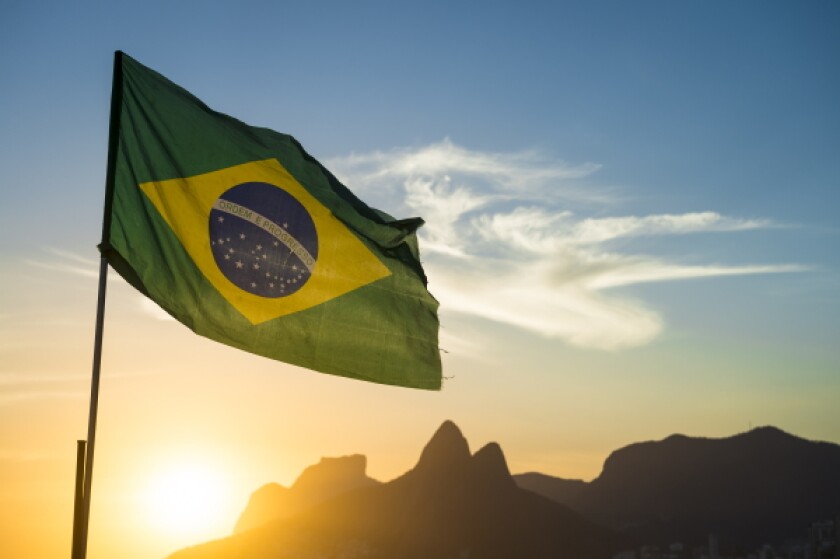Counsel in Brazil are becoming more creative with their enforcement strategies after the Supreme Court ruled last month to remove the 10-year guarantee for successful patents and to make that judgment retroactive for pharmaceutical and medical device patents.
Lawyers at Daniel and a pharmaceutical company told delegates at the Managing IP Life Sciences Forum on Thursday, June 17, that secondary patents and exclusivities provided by food and drug law could become much more important as a result of the ruling.
They pointed out that companies might enforce these rights more actively if the Supreme Court judgment significantly reduces the terms of their main patents, particularly chemical compound patents, which are extremely valuable to pharma companies.
“Now that the Supreme Court has suddenly decided to adjust or reduce the term of protection for more than 5,000 patents, including some very important ones, we may see companies having to rely on other claims to protect their exclusivity,” said Ricardo Nunes, partner at Daniel in Rio de Janeiro.
Related stories
Breaking: Brazil SC rules patent extensions unconstitutional
Brazil: Challenges faced in patent rights prosecution
Managing IP broke the news in May that the Brazil high court had ruled nine to two in Direct Action 5,529 that the sole paragraph of Article 40 of Brazil's Industrial Property Law was unconstitutional.
The provision set out in the paragraph had guaranteed at least 10 years of patent term from grant date, to make up for long delays at Brazil's patent office.
Secondary priorities
“Companies didn’t use to pay much attention to those patents that covered combinations, formulations, salts, polymorphic forms, second medical uses and processes, partly because it was difficult to enforce them. Often competitors would just design around them.
“But now that patent terms have been slashed by as much as six years, they’ve become more relevant,” he said.
He added that in the past, it was relatively rare to see anyone trying to enforce formulation claims in Brazil, but that the scarcity of these cases might not persist as a result of the Direct Action 5,529 ruling.
Erick Stegun, the legal manager for intellectual property at a pharma company in Brazil, pointed out that these secondary patents are typically filed after the main patent.
“If you think about it, these secondary patents might help you retain two or three more years of exclusivity now than the main patent,” he added.
Data exclusivities
“Some generic products are great, but some might not meet the safety and efficacy standards required by Brazilian law, or they might not be interchangeable with the reference drug, which is something that’s also needed.
“You may see more actions related to food and drug issues because companies might not always be able to rely on the patents,” he said.
Stegun added that pharma companies are already in conversations with the relevant authorities to try to keep product reference studies secret as well.
He pointed out that to register a product at the Brazilian health agency, a company has to produce numerous studies. A competitor that wants to produce a generic product of this reference drug has to use the same studies.
If those studies were kept confidential, it would become harder for a generics company to launch a copy.
“No one was having this conversation in Brazil for a number of years,” Stegun said. “But now everyone wants to talk about it, especially the patent owners. They want that data exclusivity.”
The Brazil high court’s ruling may have been a big blow to intellectual property owners, particularly pharma companies, but it didn’t blow them out completely.
Counsel are simply doubling down on other forms of exclusivity, which will likely become more important in Brazil over the next few years.











